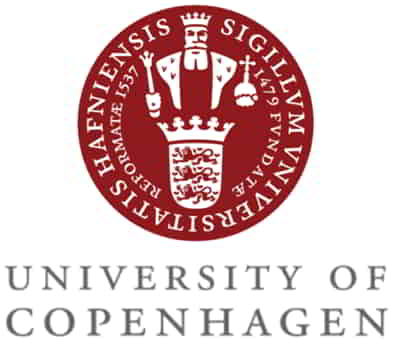Last Date: 01-05-2024.
The preferred starting date is 1. September 2024, or as soon as possible hereafter.
Who are we looking for?
We are looking for a PhD candidate for a project spanning environmental and health psychology, investigating the relationship between physiology and psychology in response to extreme heat. The position is part of a larger interdisciplinary project, ICARUS, which will study the interactions between physiology, psychology, and culture to improve the mitigation of health threats associated with global warming. Combining expertise in physiology, pharmacology, photobiology, psychology, behavioral science, and Artificial Intelligence (AI) the project aims to develop an improved framework for identifying individuals at risk, but also for improving advice adherence and effective mitigation measures.
The successful PhD candidate will work closely with Rosa Lavelle-Hill, Assistant professor of Social Data Science and Psychology, and will be responsible for developing and collecting data using psychometric scales to assess perceptions of bodily experiences, handling of physiological stress, ability to endure physiological discomfort, and perceptions and attitudes towards climate change. In addition to developing psychometric measures, the candidate will also help build an experience sampling methodology to assess heat tolerance in the field. In addition, the candidate will carry out statistical and/or machine learning analyses to understand the relationship between psychology, biology, and culture in relation to heat tolerance in the lab, real-world risk-taking behaviors such as ”sun-seeking”, and concerns about climate change. Depending on interests and skills, the PhD candidate also has the opportunity to be involved in the machine learning analysis of large physiological and behavioral data sets.
Preferred skills include statistics, some basic coding experience (either in Python, R, or similar), and experience with psychometrics. Applicants can have a background in any quantitative social science discipline (e.g., psychology, social data science), medicine, or health sciences and should have experience conducting research independently.
Other collaborators and members of the ICARUS project are Professor Lars Nybo (University of Copenhagen), Professor Andreas Flouris (University of Thessaly), and Associate Professor Catharina Lerche (Bispebjerg Hospital). The successful candidate will also be formally co-supervised by Ingo Zettler, professor in Personality and Social Behavior (University of Copenhagen).
What do we offer?
The PhD student will be enrolled in the PhD programme in Psychology, and the PhD scholarship will be hosted at the Department of Psychology, University of Copenhagen, Denmark. We offer a competitive, fully funded PhD position for 3 years. The PhD candidate will be based in Copenhagen but will have the opportunity to travel and have research stays abroad, for example, in Cyprus, to work with collaborators.
Duties and Responsibilities
Further information about the PhD study programme is available on the website of Copenhagen Graduate School of Social Sciences: https://samf.ku.dk/phd-skolen/english/ and https://samf.ku.dk/phd-skolen/.
Under “Legal basis” on the website you will find information about the rules and guidelines for the PhD programme, and the Danish Ministerial Order on the PhD Programme at the Universities.
The 5+3 PhD study programme
In order to be eligible for a scholarship in the 5+3 PhD study programme the applicant must have completed a two-year MSc degree programme or have earned 120 ECTS credits at an equivalent academic level before starting his or her employment. Applicants should check the study programmes for more detailed descriptions of the entry requirements. PhD students are paid a salary in accordance with the agreement between the Ministry of Finance and the Danish Confederation of Professional Associations (AC). The PhD student has a work obligation of up to 840 hours over the 3-year period of time without additional pay. The work obligation can include for instance teaching.
How to apply
Submit a complete application at our online portal. Click on the “Apply now” icon at the bottom of the page to apply. The documents must be in Adobe PDF or Word.
The application should consist of:
· Cover/motivation letter (max. 2 pages)
· CV including relevant research experience (max. 2 pages)
· Diplomas and transcripts of grades (if applicable) – both Masters and Bachelors
· Bachelor and Master theses (if applicable)
On the website of Copenhagen Graduate School of Social Sciences you will find information about the application process, and enclosures to include with your electronic application:
https://samf.ku.dk/phd-skolen/english/applicants/application/current_advertisement/
Applications
The University of Copenhagen wishes to reflect the surrounding society, and invites all qualified applicants, regardless of personal background, to apply for the positions.
· In order to be awarded a PhD scholarship the applicant has to enrol as a PhD student at the Faculty of Social Sciences, cf. the rules of the Danish Ministerial order No 1039 of 27 August 2013.
· Please note that normally there is strong competition for these scholarships, and only a few applicants will be shortlisted.
Shortlisted applicants are notified of the composition of the assessment committee, and each applicant has the opportunity to comment on the part of the assessment that relates to the applicant themselves. You can read about the recruitment process
at https://employment.ku.dk/faculty/recruitment-process/.






